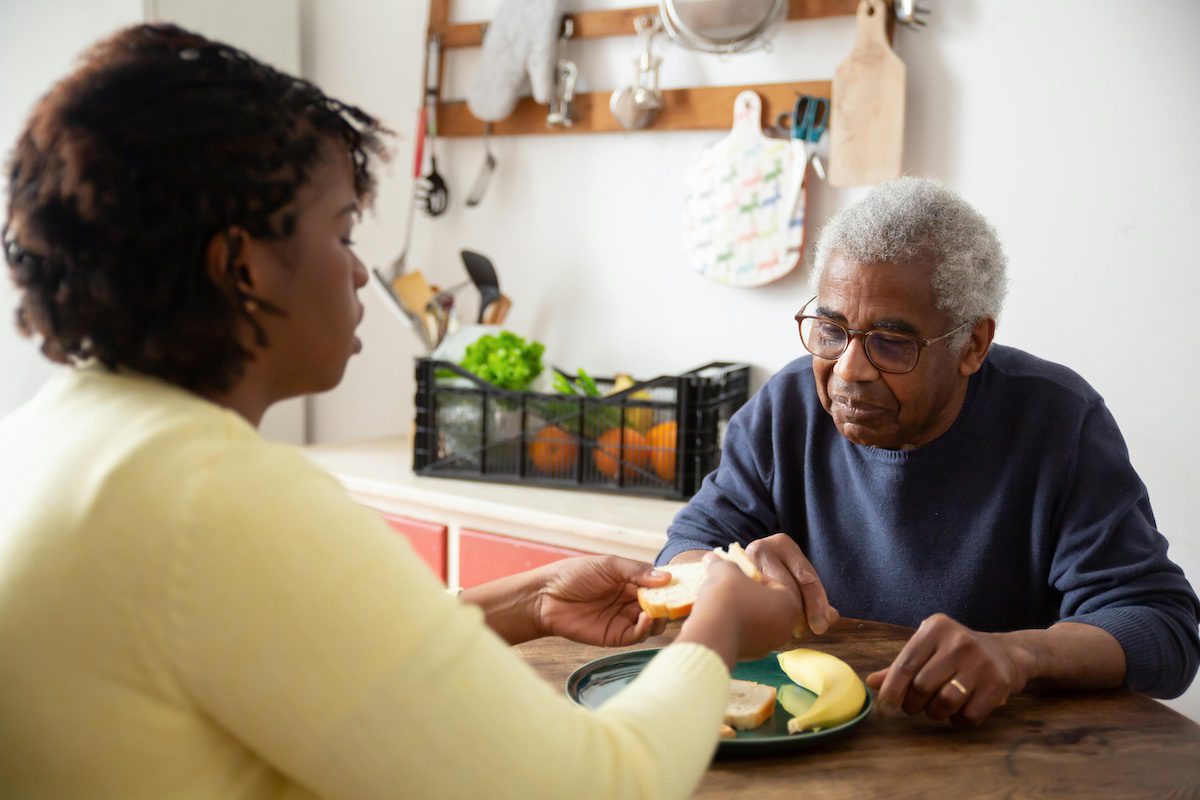8 Goals for Childhood Grief
“Children are so resilient!” It’s a common saying, and it’s true in many ways. Children often seem to recover from difficult situations much more quickly than adults. However, the ability of children to “seem” normal may cause us to forget that they too, need to process grief after the loss of a loved one.
Research suggests that about 20% of children will lose a close family member or friend and 1 out of 20 will lose one or both parents before adulthood.
The National Child Traumatic Stress Network notes that the best way for parents to help children through their grief is to focus on goals for the grieving process rather than just identifying the “phases” they will go through. The organization has identified these 8 goals for childhood grief after the loss of a loved one.
Accepting the reality of permanence of death
Children may struggle with the realization that their loved one will no longer be physically present. It is important that they gain a sense that this is indeed a permanent change in their life.
Experiencing and coping with feelings of loss
The death of a loved one may be a child’s first significant experience with feelings of loss, and therefore the first opportunity to begin learning the skills needed throughout life to cope with such feelings.
Adjusting to life changes that result from the death
A child’s day-to-day life often changes after the death of a loved one. Learning to deal with these changes teaches children that though life may suddenly change, they have the strength within to overcome even the most challenging hurdles in life.
Developing new and deepening existing relationships
During periods of loss and bereavement, families, friends, and loved ones draw close to one another to offer support and comfort. Through this experience, a child learns the value of close, meaningful relationships. As they are comforted and supported by those around them, the child often forms lasting friendships and significantly deeper bonds with family members.
Appreciating life and investing in life-affirming activities
A loved one’s death is often a reminder of how precious life is, and children can sense this as well. As a child recognizes the immense value of life, they grow in their appreciation of their own life, relationships, and experiences as well.
Maintaining an appropriate, continuous attachment to the deceased loved one
Though there is an important element of advancing beyond grief, a child should not seek to forget their loved one. On the contrary, memorializing, remembering, and reminiscing can be a powerful source of strength, inspiration and healing for the child.
Developing a sense of meaning concerning death
Many children will need to understand why their loved one has died as a component of gaining a sense of meaning concerning death. Parents should never sugarcoat answers, and should be honest, encouraging open discussion of any questions the child may have.
Continue on a healthy path of developmental growth toward adulthood
Ultimately, grief’s purpose is to teach children to recognize and employ the strength within them. Though the loss of a loved one is often one of life’s most overwhelming experiences, it is an experience that fosters the growth of internal strength, and can be one that enhances rather than hinders a child’s growth into healthy adulthood.
By understanding these important tasks of a child’s grief, parents and loved ones can exercise sensitivity to a child’s feelings and help him or her not to simply get past the loss of a loved one, but to gain from the experience, and to continue to grow and mature in a healthy way in the face of grief and loss.
Our team at Crown Hospice in Cape Girardeau, MO is here to help in walking families through the grieving process. Call us at (573) 335-4800, or toll free at (866) 703-4801 to get connected with one of our team members. Not only are we here to provide care to the patient, we’re here for the whole family.


